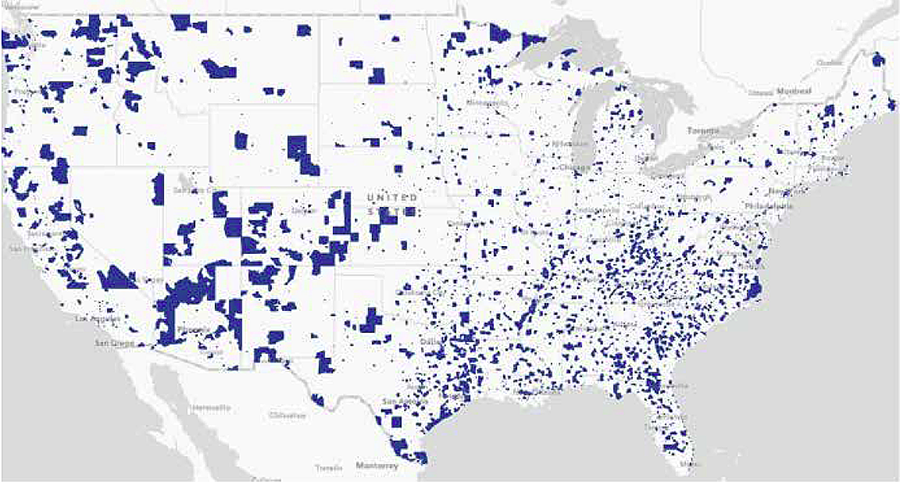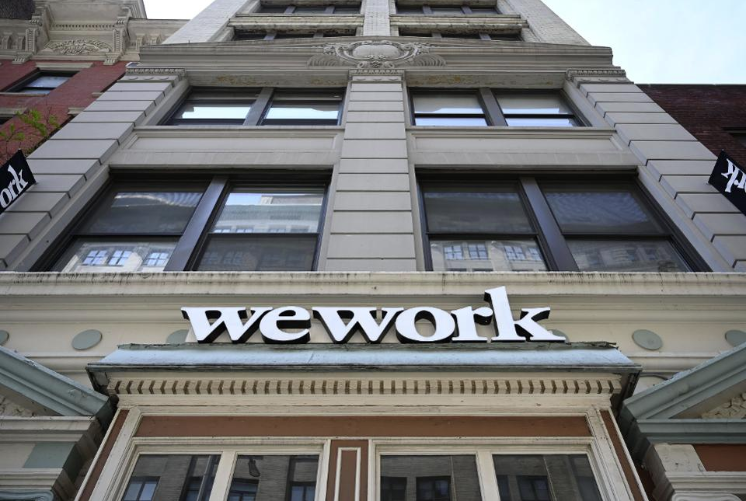The mortgage banking and investment sales pros with Berkadia expect the multifamily sector to remain a strong one throughout 2020. But what could bring at least a minor hiccup to the sector? Interest rates and the presidential election. That’s according to Berkadia’s 2020 Outlook Powerhouse Poll, a collection of insights from more than 150 Berkadia investment sales brokers and mortgage bankers across 60 offices. According to the poll, investment sales brokers and mortgage bankers expect interest rates and the presidential election to have the greatest impact on multifamily investing and financing this year. A total of 86 percent of bankers cited interest rates in the study, while 44 percent pointed to the election. Rounding out the top three expected major trends, 44 percent of bankers cited GSE reform. For trends impacting multifamily investing, 77 percent of investment sales brokers cited interest rates, 63 percent the presidential election and 40 percent debt underwriting. The survey found, too, that 91 percent of mortgage bankers expect GSEs to see the most activity in 2020. Click to read more at www.rejournals.com.









